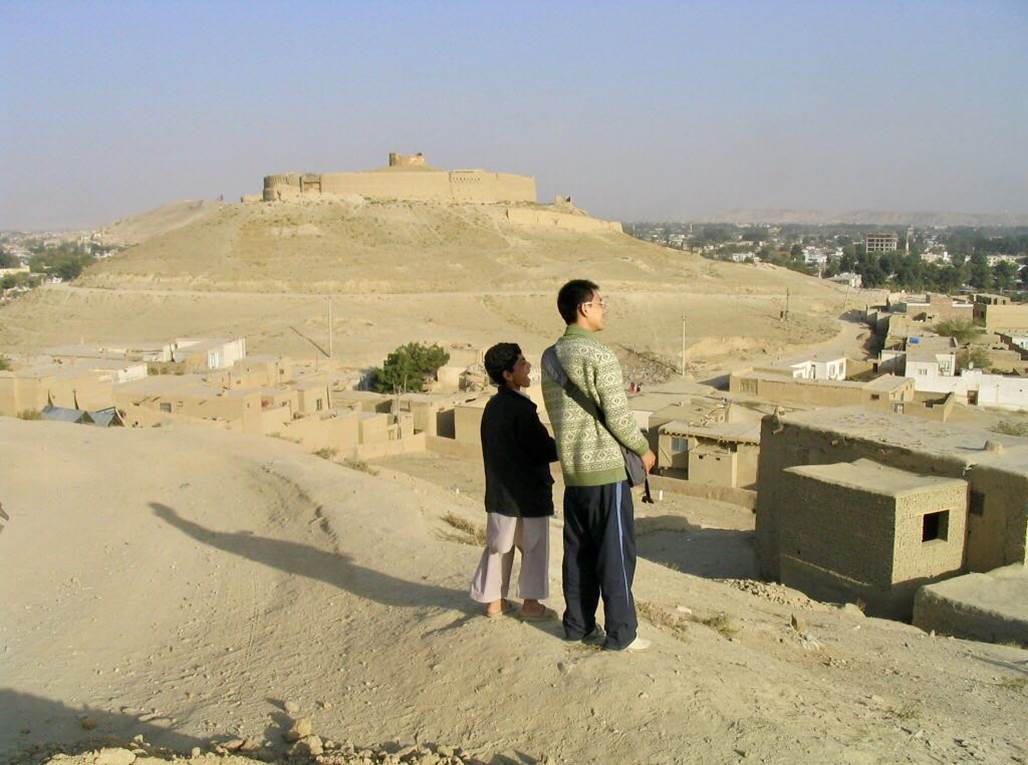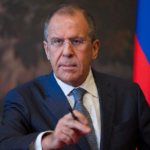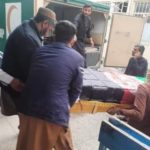In the autumn of 2003, I went to Kabul, the capital of Afghanistan, alone. At that time, the hot war in Afghanistan had just come to an end, and the situation in the capital Kabul was relatively stable. But the damage caused by the war to this country was still profound and could be seen everywhere. There are deserted houses, dilapidated cars, and highly vigilant foreign soldiers on armored vehicles. During this trip to Afghanistan, what I have never forgotten, is a boy about 10-year old called Ahmad. The great contrast between kindness, innocence and poverty, suffering on him always breaks into my mind from time to time.
That was my first trip to Afghanistan, and I was full of curiosity about this magical country. In my free time, I just wandered around the hotel where I lived. Because of unfamiliarity, I couldn’t find the way back after turning on the nearby hillside for a long time. At this time, Ahmad appeared. He was small and a little weak and his clothes were thin. He offered a helping hand to me and took me directly to the entrance of the hotel. On the way back, he introduced me about the nearby buildings and scenery while asking me many questions about China, and he answered my questions from time to time. I learned that he and his family had fled to Pakistan to escape the war, and had just returned to Kabul in 2002. At that time, there was almost nothing in his family. The six members of the family were supported by his father’s meager income from driving a taxi. This taxi was a much more than a second-hand and worn-out sedan, and nobody knows how many years it had been driven and how it was imported into Afghanistan. It was a pity that this child had not been to school in any official form. My conversation with him was interesting but short. What’s even more regrettable is that more than 10 years have passed. I don’t know what the young man is doing now. Has he got enrolled in school? Has he got a job? Has he married? Has he had a child? Is his son called Little Ahmad? If the answer is “yes”, I think this would be one of the best endings I have imagined about him.
Displacement and poverty caused by war could be seen everywhere in Afghanistan at that time. The low enrollment rate and child mortality rate caused by poverty were even more shocking. But as stated in the white paper “Poverty Reduction of Humankind in China”, poverty is not destined, and poverty is not invincible. Poverty is a chronic disease of human society and a common challenge facing the whole world. China is the largest developing country in the world with a population of 1.4 billion. It had a weak foundation and unbalanced development, and had been plagued by poverty for a long time. China’s achievements in poverty reduction have contributed to the world’s poverty reduction and have also injected confidence into the Afghan people. The people of both countries are peace-loving, hardworking and courageous people. If the Chinese could, the Afghans can do the same. Moreover, the Chinese government and people are very willing to share their poverty reduction experience.
In addition, according to a World Bank research report, China’s joint construction of the “Belt and Road” initiative will lift 7.6 million people out of extreme poverty and 32 million people out of moderate poverty in relevant countries. This includes our neighbor Afghanistan. I think in the near future, the young boys and girls in Afghanistan will no longer drop out of school because of poverty, will no longer wander in a foreign land because of poverty, and will not take the burden of raising their families prematurely because of poverty. Living a good life is a basic human need and right. This is the primary human right understood by most Chinese too.
(Xi Meng, Senior Researcher, Research Center for the Belt and Road of Lanzhou University )













